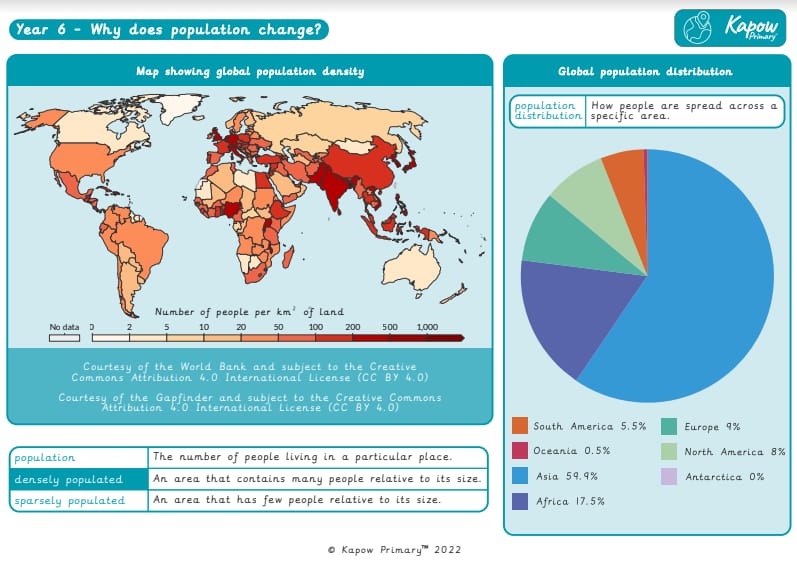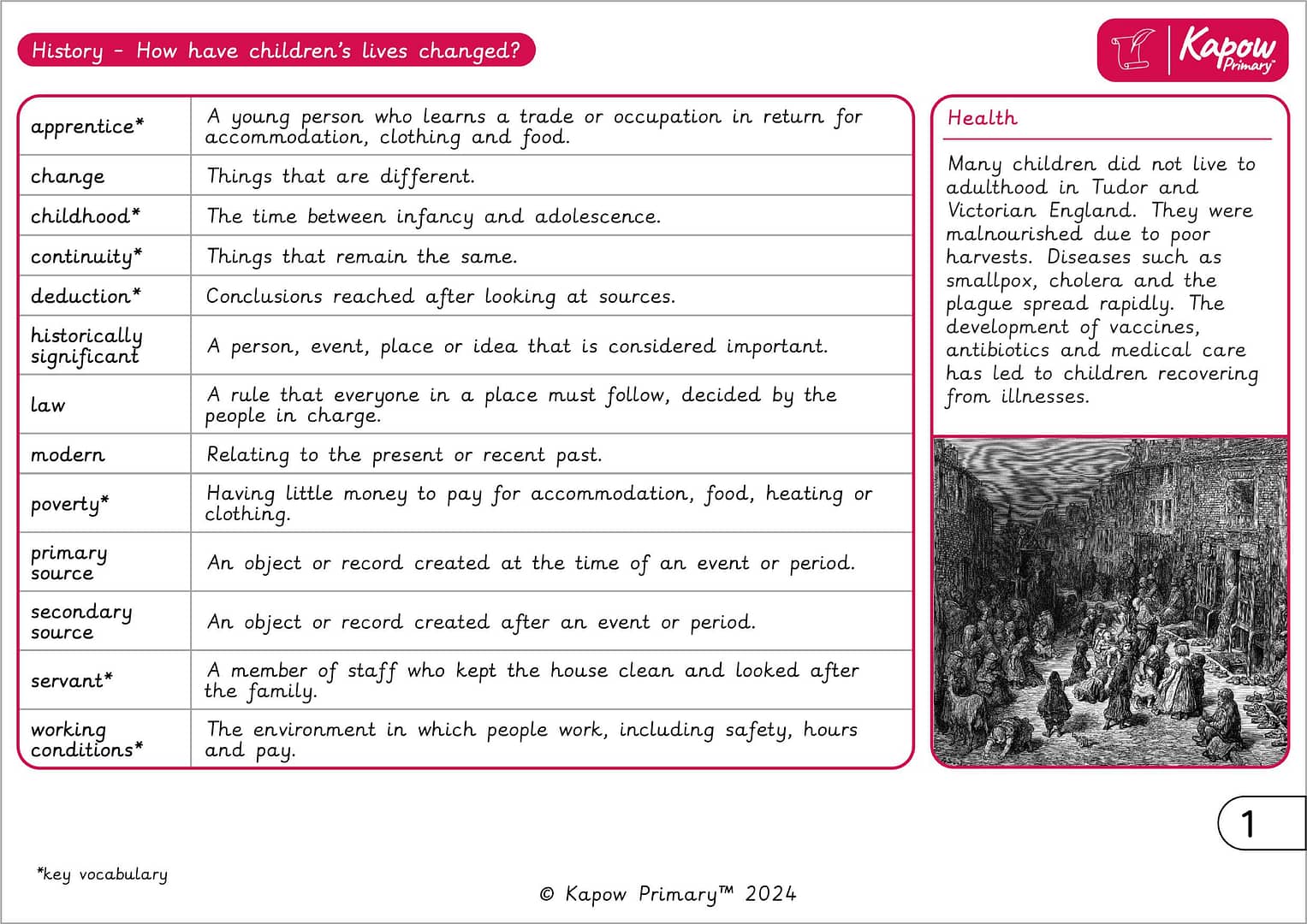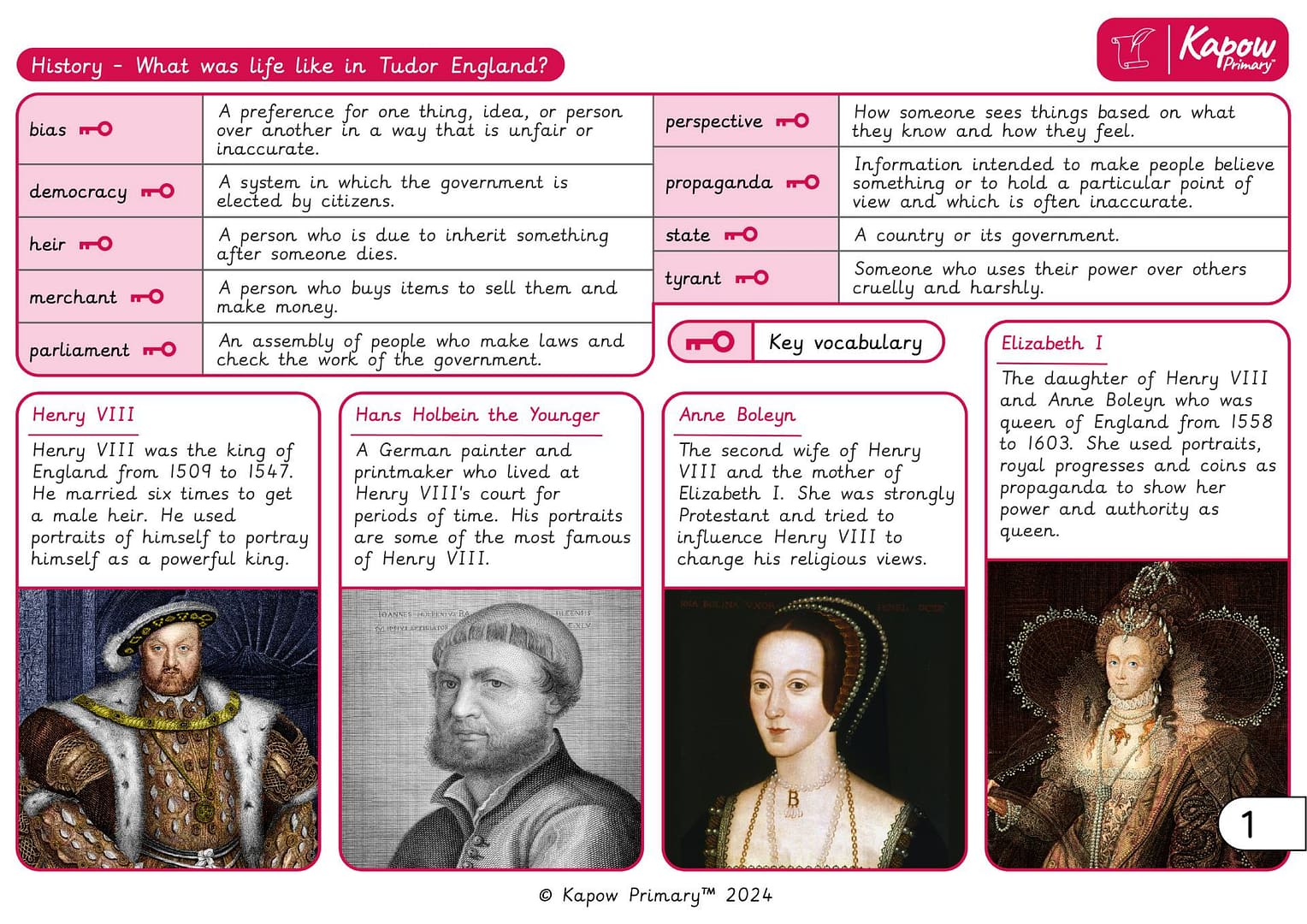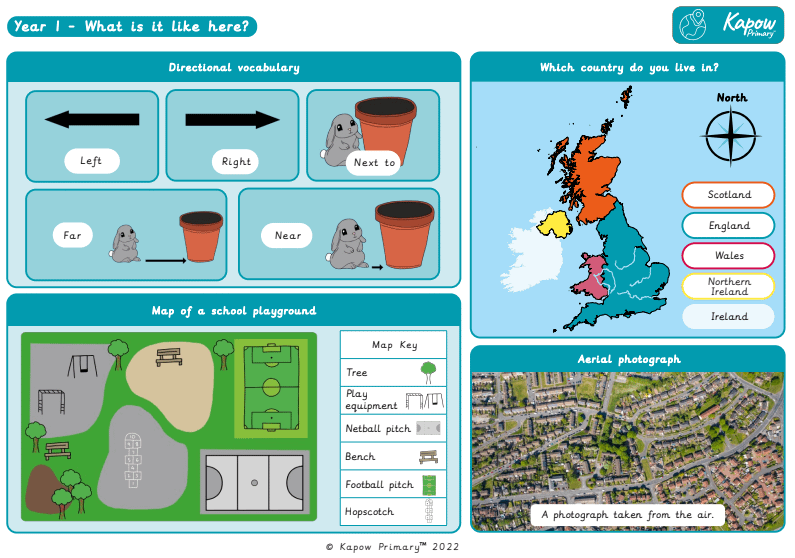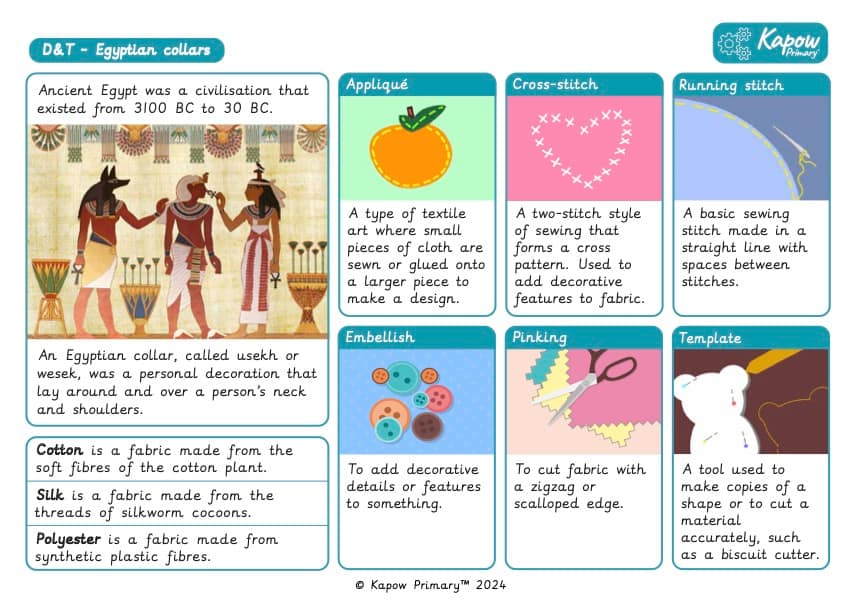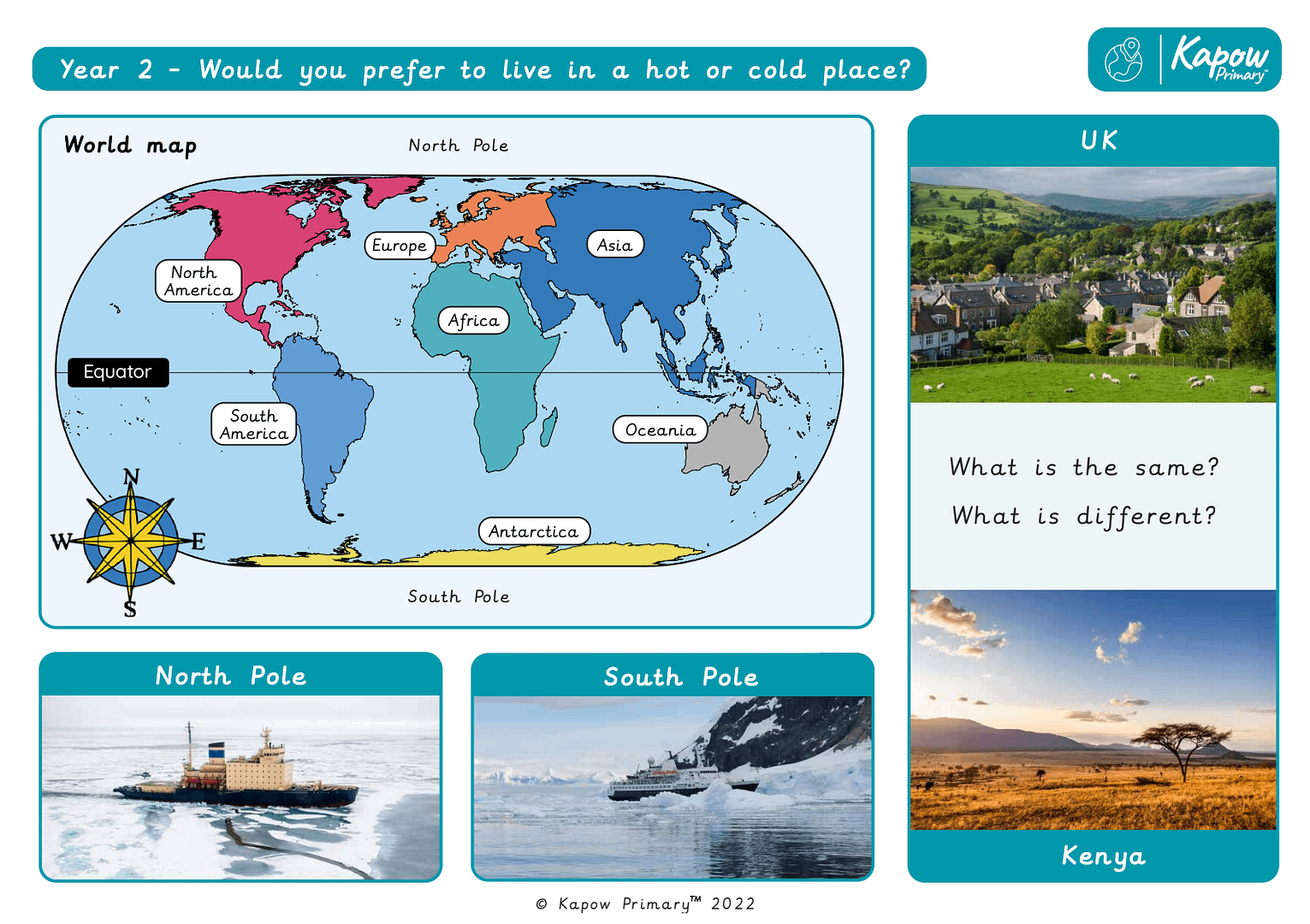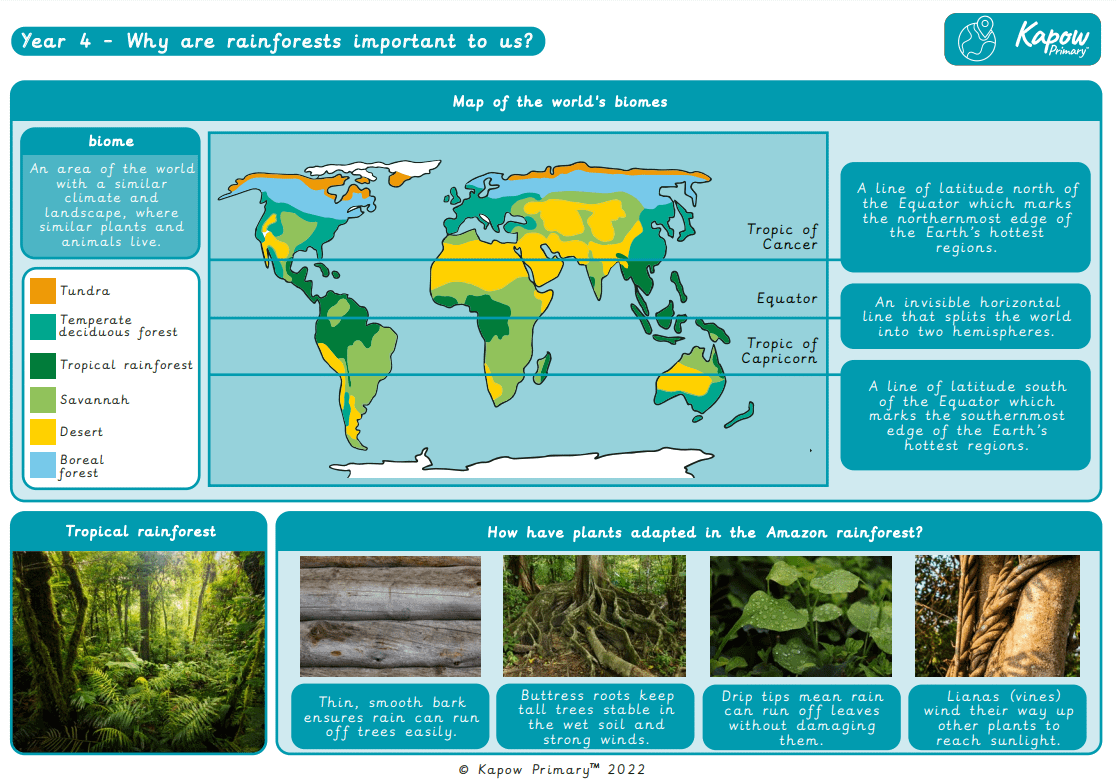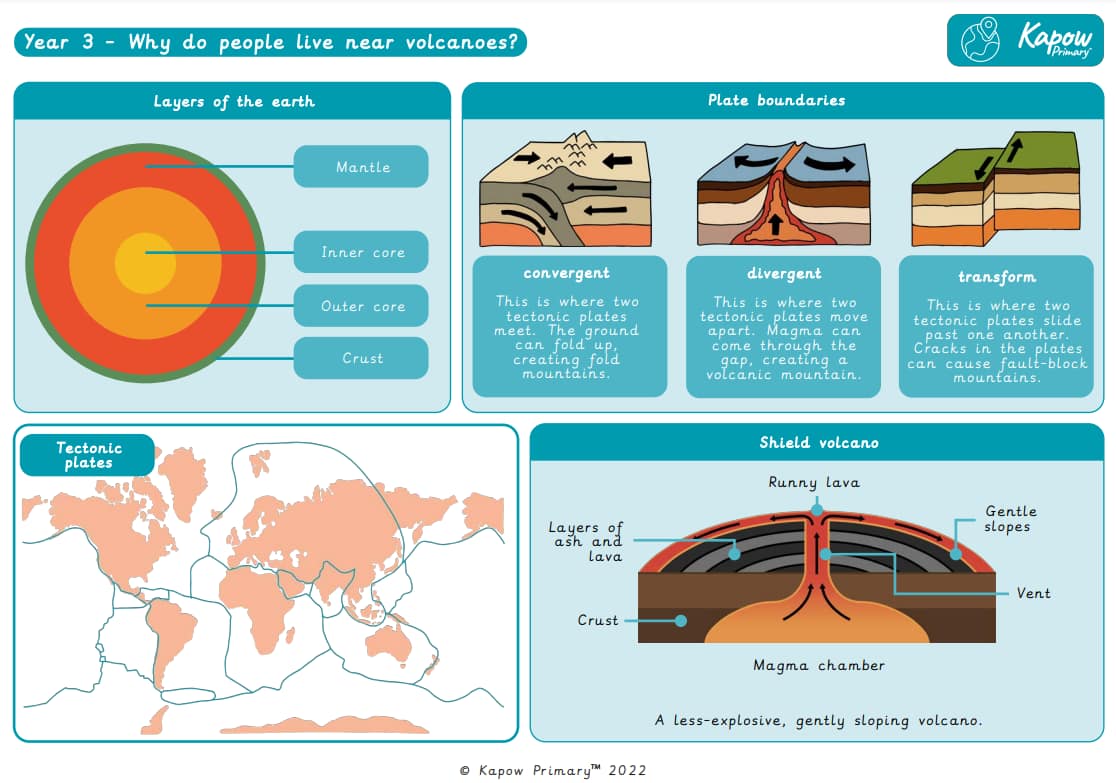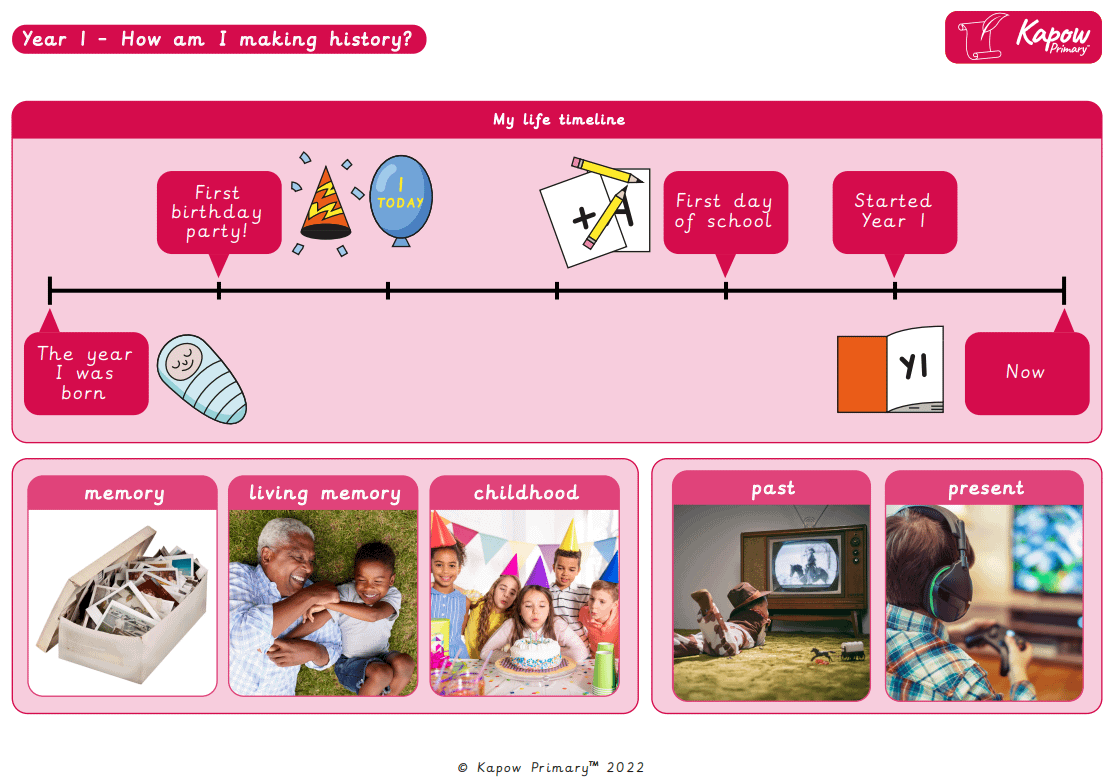Featured Document Type: Knowledge organiser
Knowledge organiser – History Y4: How have children’s lives changed?
Knowledge organiser – History Y5: What was life like in Tudor England?
Knowledge organiser: Geography – Y1 What is it like here?
Knowledge organiser: DT – Y3 Egyptian collars
Knowledge organiser: Geography – Y2 Would you prefer to live in a hot or cold place?
Knowledge organiser: Geography – Y4 Why are rainforests important to us?
Knowledge organiser: Geography – Y3 Why do people live near volcanoes?
Knowledge organiser – History Y1: How am I making history?
A Knowledge organiser that captures the essential knowledge and skills learnt throughout the unit History, Year 1, How Am I Making History?
This History resource is designed to support the pupils as they explore personal history and how their experiences contribute to the past. It introduces key vocabulary such as past, present, timeline, memory, and family, helping the pupils understand how events in their lives shape history. The pupils will also learn how to sequence events chronologically and recognise the importance of personal and family history.

